Oral and Maxillofacial Surgery
Expert hands for challenging cases, providing safe solutions.

Oral and maxillofacial surgery encompasses a wide range of treatments, from impacted teeth to jaw joint disorders. With modern techniques and expert care, even the most complex cases are successfully managed. Our goal is to provide a healthy, functional, and aesthetically pleasing oral structure.
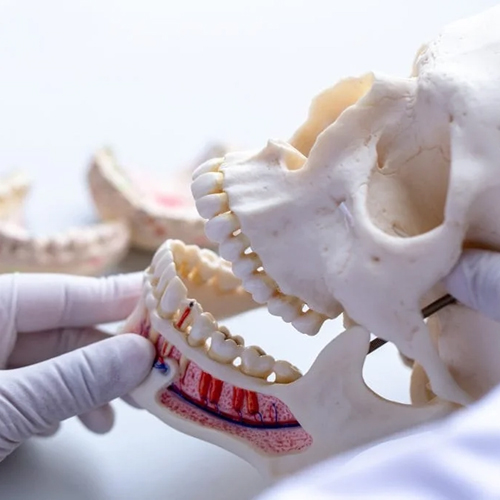
What is Oral and Maxillofacial Surgery?
Oral and maxillofacial surgery is a branch of dentistry that focuses on the diagnosis and treatment of diseases affecting the mouth, teeth, jaw, and facial region. Surgical procedures can be performed under local or general anesthesia. The goal is to restore oral functions, relieve pain, and improve aesthetic appearance.
Applications of Oral and Maxillofacial Surgery
- Wisdom tooth extraction: Impacted or complicated third molars
- Jaw joint (TMJ) disorder treatment
- Dental implant surgery
- Cyst and tumor operations
- Bone graft procedures: Providing bone support for implants
- Jaw fractures
- Orthognathic surgery: Correcting jaw deformities
Oral and maxillofacial surgery addresses both functional problems and aesthetic concerns.
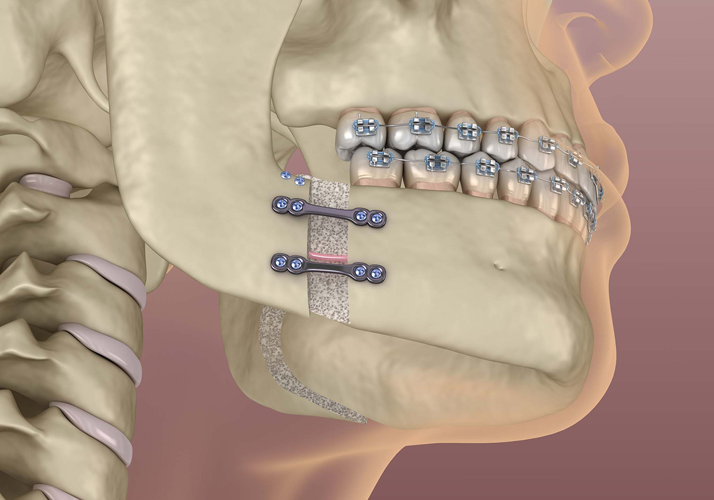
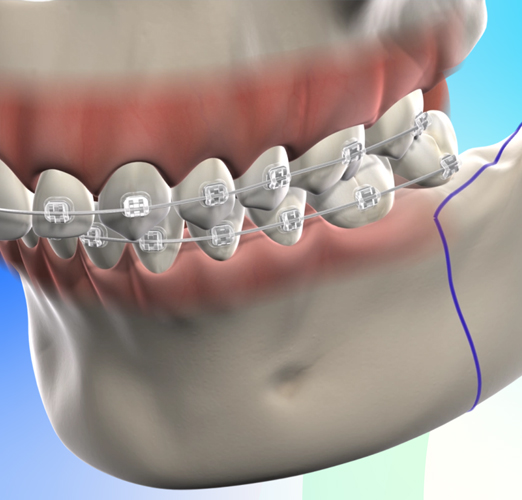
Advantages of Oral and Maxillofacial Surgery
- Provides permanent correction of oral and dental health.
- Eliminates risks such as pain and infection.
- Enables advanced treatments like implants.
- Corrects jaw structure irregularities, enhancing aesthetics.
- Improves the patient’s quality of life.
How is Oral and Maxillofacial Surgery Performed?
- Examination and diagnosis: A clinical examination is conducted, supported by panoramic X-rays or 3D tomography for a detailed assessment.
- Treatment plan: A surgical plan is prepared according to the patient’s needs.
- Surgical intervention: The procedure is performed under local or general anesthesia.
- Recovery process: Varies from a few days to several weeks depending on the type of procedure.
- Follow-up: Regular check-ups monitor the healing process.
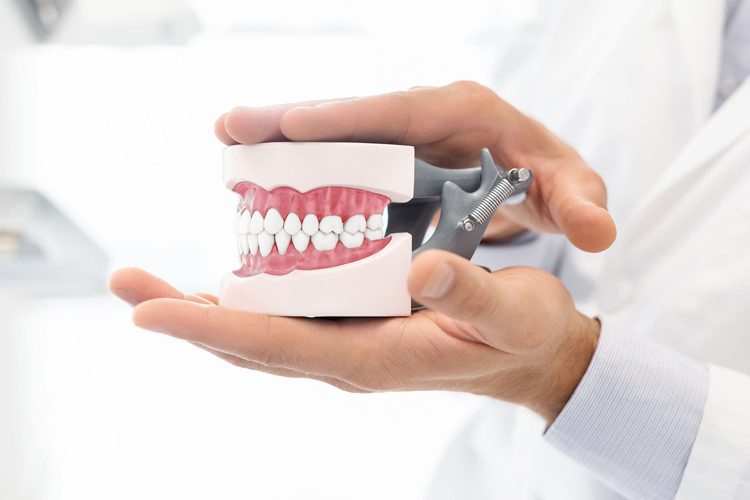
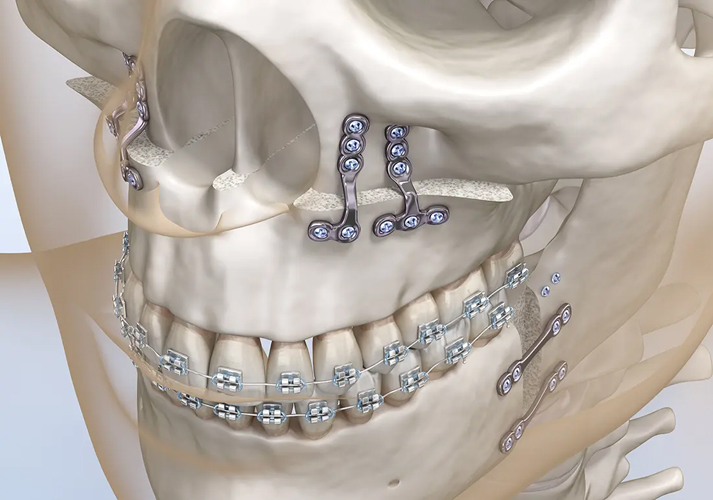
Recovery After Oral and Maxillofacial Surgery
- Swelling and mild pain may occur within the first 24 hours; this is normal.
- Soft foods should be preferred, and hot foods avoided.
- Maintain regular oral hygiene and take prescribed medications as directed.
- Avoid smoking and alcohol consumption.
- The recovery period varies depending on the type of surgical procedure performed.







